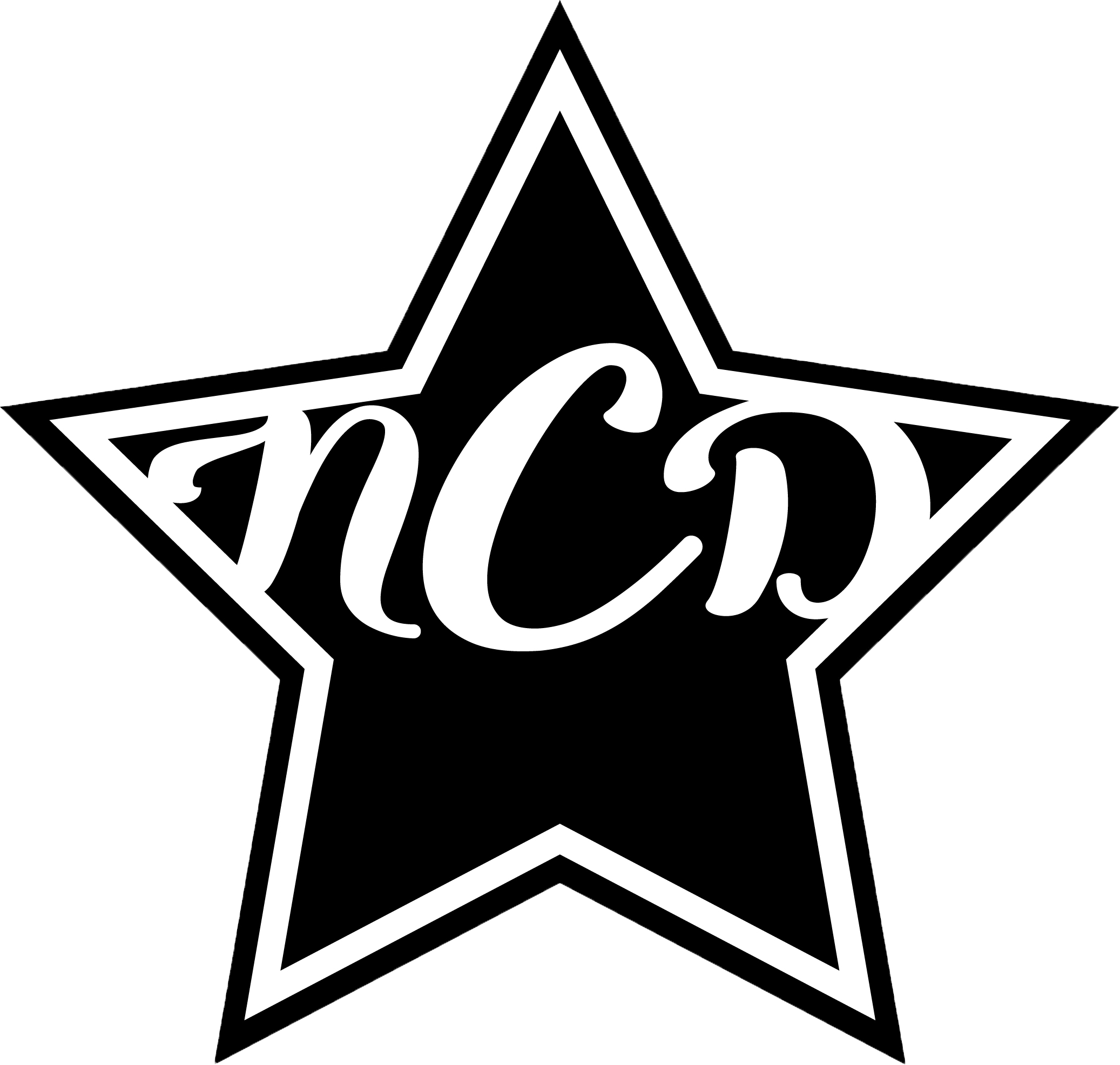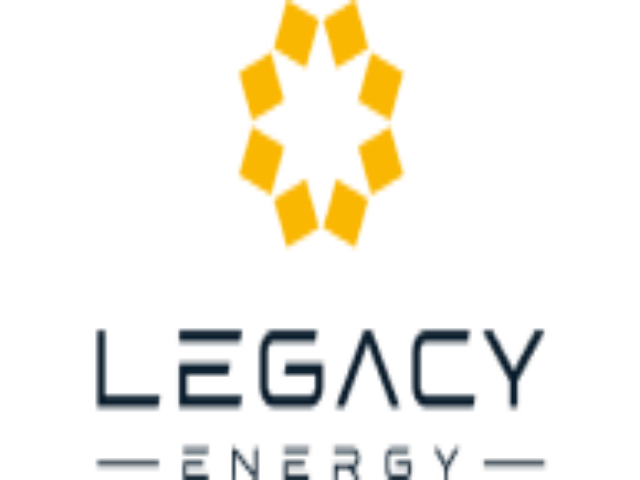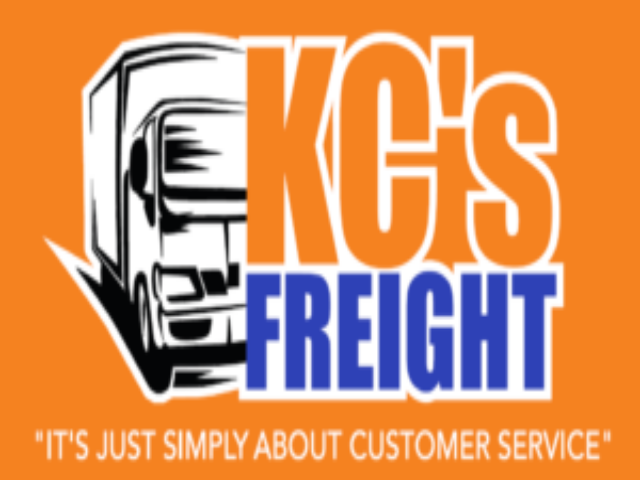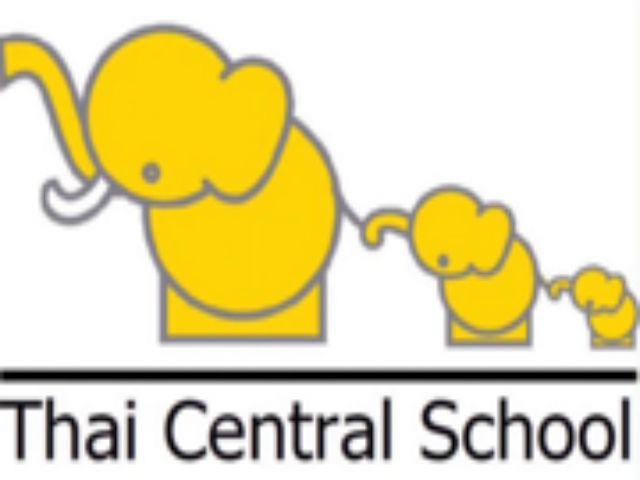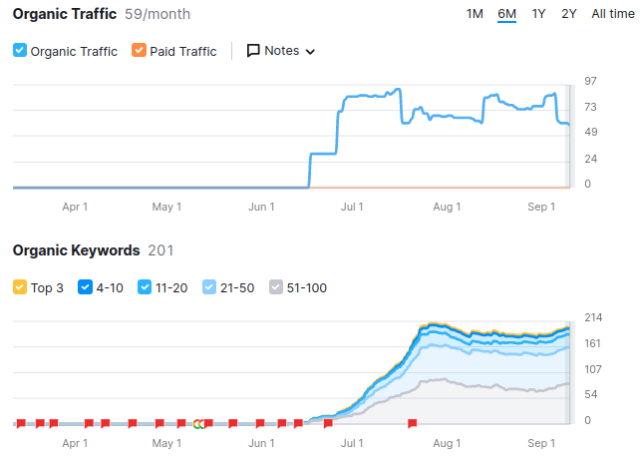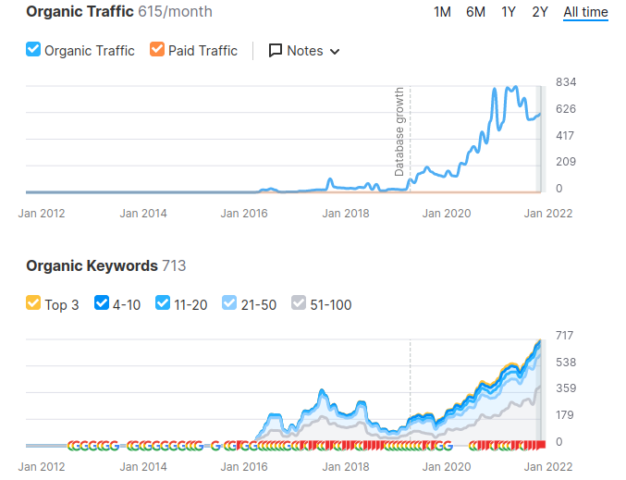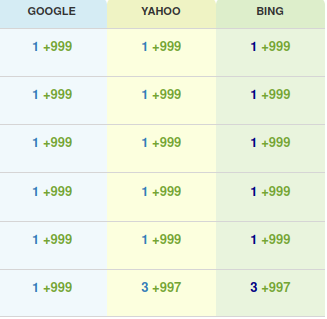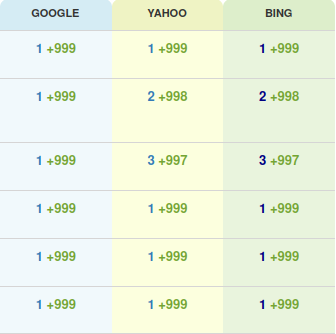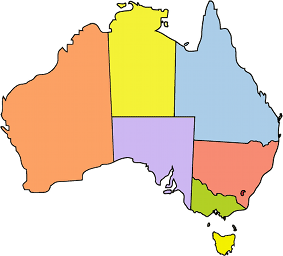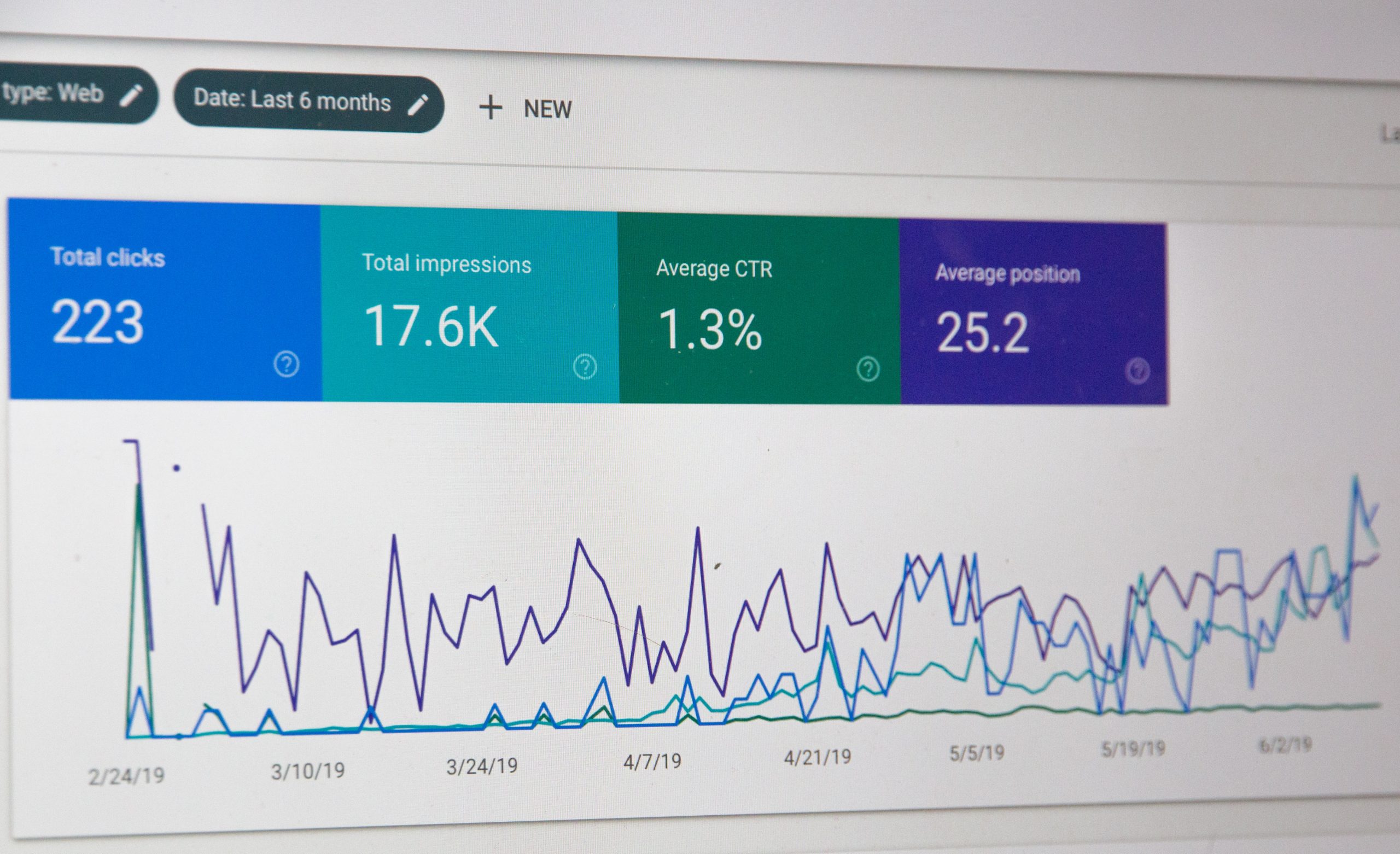
With search engines being a primary means of finding information positioning your business ahead of the pack is key to gaining a competitive advantage with your business. These days just having a website and social profiles is often not enough unless optimisation is applied to fully take advantage of your digital assets.
AGR Technology can assist you in this journey and come up with a tailored plan to improve your current website and also make recommendations for new keywords or processes to help grow your website and business.
Using our experience over the years we can advise you on what works and help you avoid common misconceptions and outdated practices that can cause issues with your website, search engines are constantly changing so it’s critical to always be ahead of the curve and up-to-date with new information.
You can rest assured that with our experience and constant monitoring of industry changes you won’t be working with just another “SEO or Marketing Guru” but someone who cares about your business and will help to improve its digital presence.
Reviews from some of our happy customers:
Supporting businesses of all sizes to get ahead with digital solutions
What we offer
Search engine optimisation is a multi-pronged process that requires attention to detail for different components of your website both onsite and offsite. AGR Technology can conduct a full audit of your website to identify and fix technical errors such as broken links, redirects, badly formatted pages, and more to ensure your website complies with web standards and is search engine friendly.
Other aspects we can consult on include:
- Local SEO including for Google Maps, Google My Business profiles, Bing Maps & Bing Places
- Digital PR Strategy
- Keyword research
- Internal linking strategy
- Link building
- Video SEO including for YouTube channels
- Competitor analysis
- Brand reputation management
- eCommerce SEO
- SEO press releases and more
To find out what we can do for your business contact us using the form below or press the button to call us now.
Let us help get you SEO results like this
See more SEO case studies
Our Process

- We will note down your requirements including your website URL, any keywords you may be looking to rank for, and the content that you would like to promote
- From here we will create a quote and customised battle plan for your project and discuss the details with you before proceeding
- Once complete we will execute the plan providing reports and correspondence throughout the campaign to keep you updated on everything
Why work with us?
Contact us today to find out how our SEO consultants can help take your online presence to the next level.
The pillars behind a powerful SEO campaign
Local Maps & Search Rankings
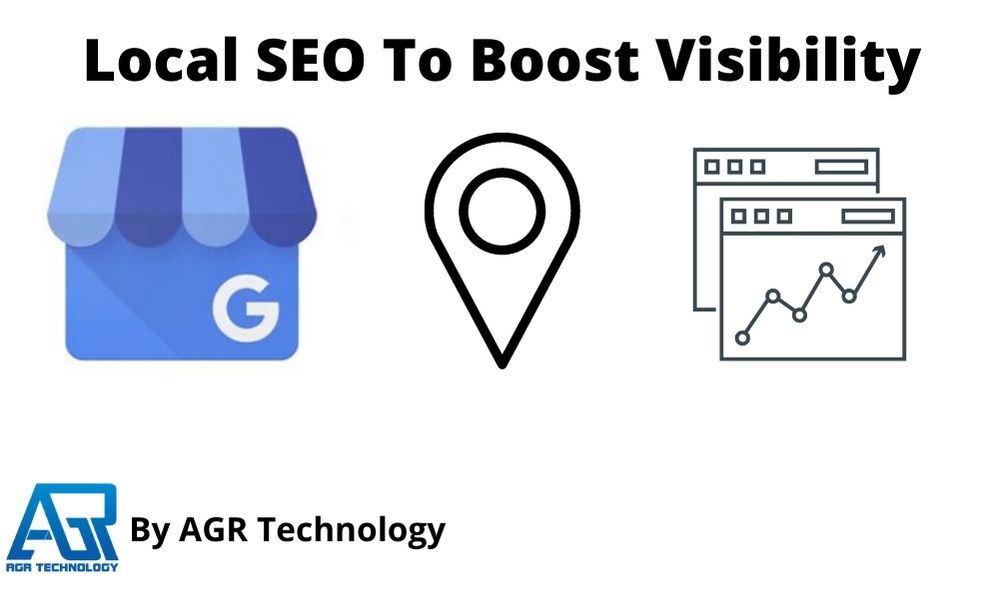
According to research by Google back in 2016 “Near Me” mobile searches grew 136% year on year as more searchers sought information around their area.
Local SEO is still very important, particularly for service businesses that service a radius of towns and cities. AGR Technology factors local SEO into all our campaigns allowing you to build a strong organic presence and also rank in the “3 pack” in platforms like Google Maps.
With our processes and experience gained from years of testing, we can help create monthly campaigns that are both scalable for the future and affordable for small businesses.
Backlinking/Linkbuilding

One of the most important factors used by search engines to measure the strength of a site is backlinks which are essentially links pointing to your website from other websites on the internet.
Not all backlinks are created equally with spammy toxic links causing more harm than good and quality links providing ranking benefits.
With our years of combined experience online we can help secure quality links for your website that are relevant to your industry and will help push your site higher in the SERPs.
Work with AGR Technology to create a tailored strategy for your business website with our dedicated link-building service.
Content Creation

These days content and more important quality content is an integral part of any successful SEO campaign. We will help craft a content strategy appropriate to your industry and take care of publishing quality blog posts that are both useful for visitors and SEO-friendly.
YouTube Video Ranking
![]()
YouTube alone is one of the most used search engines alongside Google and others making it a powerful source of traffic for your website.
We can help optimise your videos through a range of proven techniques to help improve your YouTube video rankings with video SEO within the YouTube search framework and also within the “Video” tab of traditional search engines to capture more traffic for your brand.
Penalty Recovery

Have you noticed a sharp drop in traffic to your website from search engines? If so there is a chance your website may have been penalized.
Your website can be penalized even if you didn’t knowingly run afoul of search engine guidelines and can be caused by a number of technical factors.
We can help you get your website back on track and overcome a penalty whether it was purely algorithmic or due to poor quality SEO work.
Voice Search SEO

With the rise of the mobile web and smart voice assistants, Voice Search has been a slowly increasing segment of search engines.
Using quality content and fine-tuned website structures we can help to ensure your website is Voice Search ready and can easily be picked up by voice assistant search engines helping your customers find you from their mobiles with ease.
Website Page Performance, Core Web Vitals & UX Improvements

Over the years the SEO landscape has constantly changed but one aspect that never changed was user experience. In recent years Google has announced what they call “Core web vitals” which is a set of metrics designed to help websites improve their page speed and as a result, provide better experiences for users.
Pagespeed has also become a ranking signal amongst the many others in place making it an important part of your SEO strategy.
If your website is running slow and has seen better days we can help tune it well and improve page load times for visitors and in turn make the job of search engines easier as they will have more resources to find content on your website.
Multi-business location Search Engine Optimisation
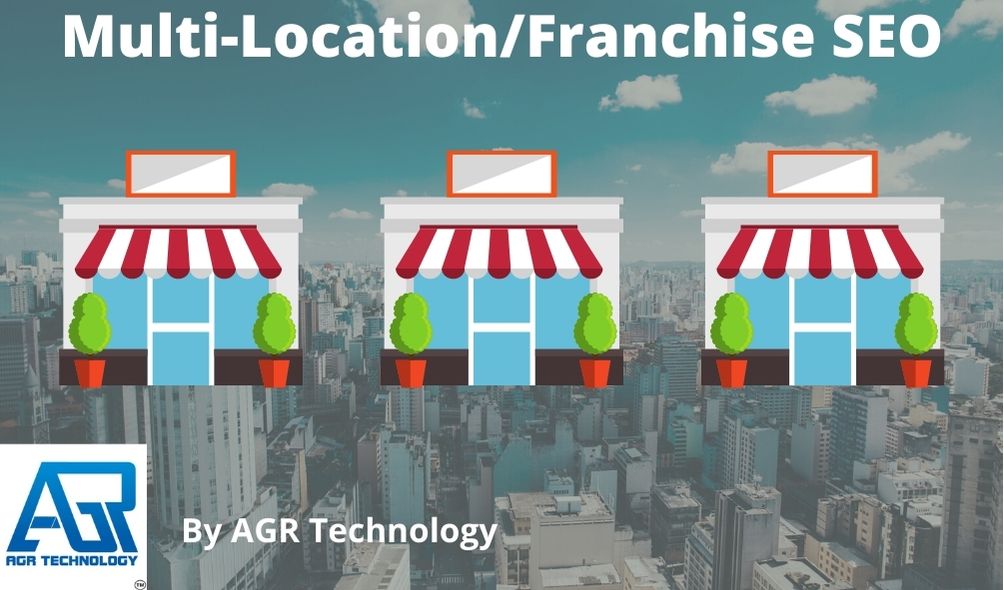
Does your business have multiple shops in different locations? Or perhaps you own your own franchise business and need to boost rankings across different cities or suburbs.
With our extensive local SEO knowledge, we can help structure your website well and rank for the different locations you service ensuring you have a localised quality experience for your customers.
Web Analytics & Business Intelligence
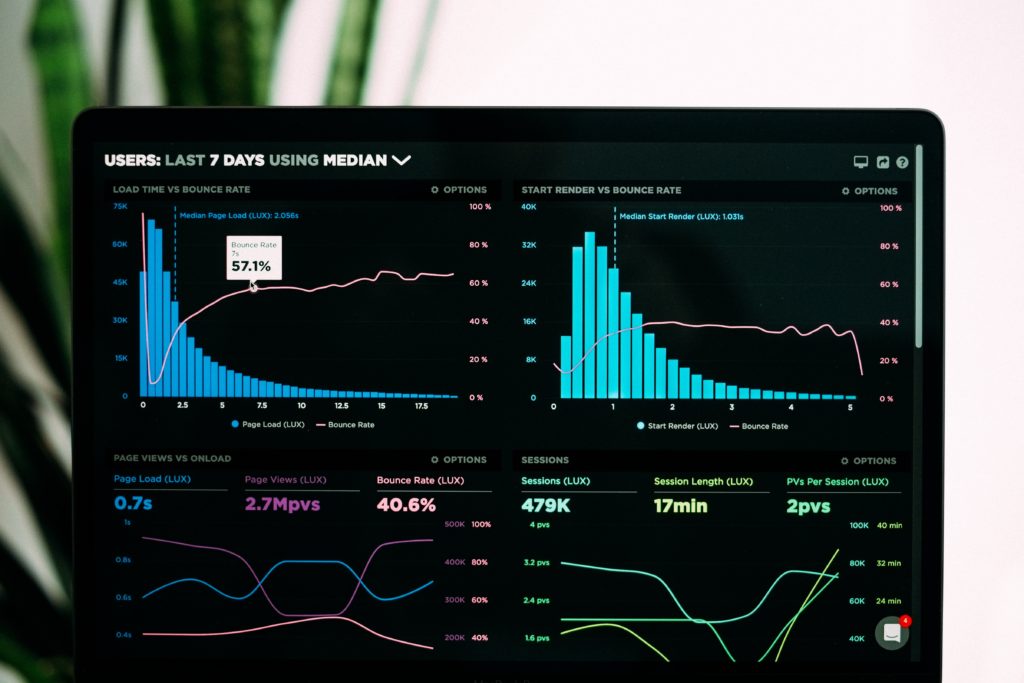
Using industry-standard Web analytics technology such as conversion tracking, form tracking, user heatmaps, and more we can help you gather valuable marketing intelligence about your website traffic and use it to improve the user experience and performance of your website and SEO efforts.
AI-Powered SEO (AI SEO) / GEO Optimisation / LLM Optimisation

As search evolves, so does the way AGR Technology provides results. Along with our core SEO services, we provide a variety of specialist optimisation options to help businesses stay competitive, whether they’re targeting local customers, refining their content strategy with AI, or expanding nationally.
Our AI-driven SEO services combine data analysis, content optimisation and automation to help you improve rankings faster and more efficiently. From AI-enhanced keyword research to intelligent content auditing, this service is ideal for businesses wanting a smarter, more scalable approach to search performance. We combine cutting edge Generative Engine Optimisation techniques to help achieve rankings across major Large Language Models such as ChatGPT, Perplexity, Gemini, Claude, Deekseek, Grok and others.
If you’re focused on attracting customers within your own region, our Local SEO (GEO) services help you dominate local search results. We optimise your Google Business Profile, location pages, citations, reviews, and local site structure to ensure customers can find you quickly and easily — everywhere they’re searching.
Every industry behaves differently in search. We develop tailored optimisation strategies for eCommerce, trades, professional services, hospitality, and niche markets — ensuring your business stands out to the right customers with the right message.
SEO Copywriting & Strategy

Effective SEO begins with clear, well-crafted content. AGR Technology offers professional SEO copywriting and strategic content planning services to help your website rank higher, attract qualified traffic, and convert more consumers. Our technique combines keyword research, search intent analysis, and on-page optimisation to develop content that is both user-friendly and adheres to Google’s best practices.
Whether you require high-converting landing pages, service pages, blog content, or a comprehensive content strategy, we create copy that is consistent with your brand identity while increasing exposure in organic search. Each item is based on semantic keywords, subject relevancy, and structured content frameworks that promote long-term rankings.
Ongoing Reporting

Once you engage us and we start deploying your campaign we don’t stop there. You will receive monthly reports from us showing your overall progress and we will advise you of any strategic findings we believe can be done to help you grow in the future.
FAQ (Frequently asked questions)
What can SEO do for my business?
When an effective SEO strategy is applied to your website you can position your business for relevant search terms that customers will be looking for online. SEO can help to direct highly targeted traffic to your website over time sending quality leads to your business and helping to build your community.
Can we guarantee your website will rank number 1?
No one can guarantee this as it will be dependent on the competition level and changes by search engines. We will do our best to assist you identify opportunities that don’t have large amounts of competition which will generally be faster for you to see results.
What types of SEO can you do?
We can perform a variety of SEO for your business including keyword research, content planning, and identifying a tailored strategy to help you beat the competition and find new opportunities.
What is the price for your SEO services?
Every SEO campaign is different and has its own requirements so prices will be made according to the requirements discussed. We will work with you to create an affordable package that can scale with you as you grow your online business.
How should I determine my budget for SEO?
Start by identifying your business goals and what you want out of your website such as:
– More traffic
– More views of videos and other content
– Increased product purchases
– Positive brand visibility
From here also consider the competition in your industry and your position in the market.
When will I see results from your SEO services?
Typically you will start to see results after 1-3 months into a campaign however this process can be faster or slower depending on industry competition and how established your website is.
Once I rank at the top can I expect to stay there?
Conquering the top spot in search results for your industry keywords is a challenge in itself and once you get there it is certainly an achievement however like business nothing stays the same forever and competitors can work their way back up.
SEO is ongoing and for long-term success is recommended to be performed regularly to ensure you not only rank but maintain the top spots.
Can I do my own SEO?
Of course like anything you can do it yourself if you are willing to put in the hours and dedication to learning what works and staying up-to-date with changes. You ultimately have to weigh up the time it takes to do this and run your business or simply outsource this to a business such as ours to look after you.
How does link-building work?
Our team of SEO specialists will conduct prospecting around your industry and identify websites that are complimentary to yours. From here we contact them to secure links within relevant content amongst many other strategies we have developed to secure high-quality links from relevant websites.
What SEO experience does AGR Technology have?
The AGR Technology business has been online for several years during which time our business has gained substantial experience with various SEO strategies and has used this to rank our websites as well as those of our clients.
For more information, you can check out our portfolio & SEO Case studies which contain some of our projects.
What else can you do for my business?
AGR Technology also offers other services to complement your business such as press releases, custom software, and website security services.
Book a FREE Discovery Call
Get in contact with us
SEO solutions to help businesses in Australia & abroad succeed online!
Our business is based in regional Victoria, Australia however we are able to service a number of areas remotely which are covered here:
We can also provide Local SEO, National SEO & International SEO services to other overseas markets such as:
At AGR Technology we don’t just settle for ranking locally or in micro niches we aim to be one of the best SEO companies in the world and practice what we preach to achieve amazing results for our clients and partners.
Industries we serve
AGR Technology is committed to delivering high-quality services to its clients and can support SEO efforts in multiple industries such as:
- Legal/ Law Firms
- Finance & BlockChain
- Medical
- Dental
- Wineries & Vineyards
- Food/Hospitality businesses
- eCommerce brands
- SEO for your Jewellery website
- Cannabis / CBD/ Marijuana
- Non-profits (marketing and SEO)
- SEO Services for startups
- SEO For Care Dealerships
- Drug Rehab Clinics
- SEO for Boat & Yacht Companies
- SEO For Casinos
- Accounting
- Mining companies
- Mechanics
- Plumbers
- Dating companies
- Wedding planners
- Photographers
- Metals and commodities
- Manufacturing businesses
- Private/public schools, edtech & education
- Real estate
- Automotive
- Electrical and repair specialists
- Transport & Logistics
- Other types businesses
Some platforms we support:
![logo-new-23[1] logo-new-23[1]](https://agrtech.com.au/wp-content/uploads/elementor/thumbs/logo-new-231-qad2sqbr9f0wlvza81xod18hkirbk9apc0elfhpco4.png)




